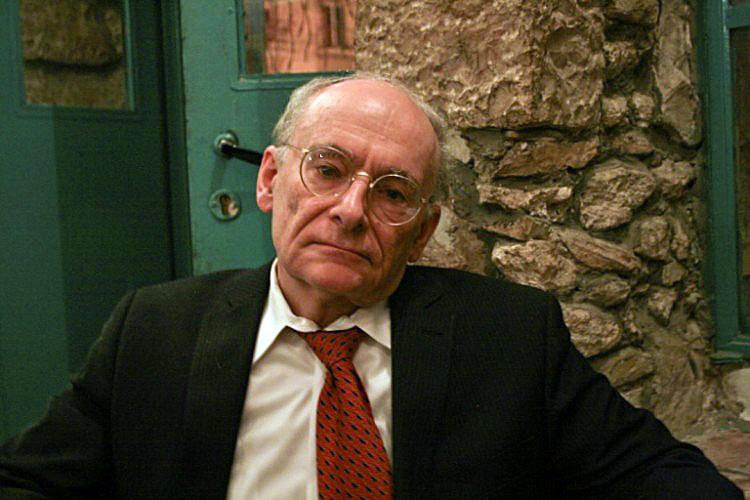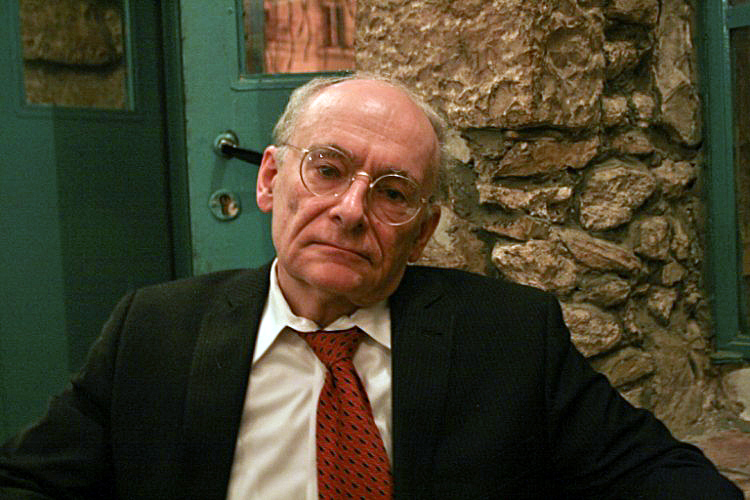JERUSALEM—On a recent trip to Jerusalem, lawyer and human rights activist David Matas was in town for merely 48 hours, but still made time for an interview after a long day of meetings. His deep well of energy seems to come in part from his enthusiastic commitment to fighting for human rights.
In 2009 Matas, a Canadian, co-authored Bloody Harvest: Organ Harvesting of Falun Gong Practitioners in China with David Kilgour, a former Canadian secretary of state. The book was an updated and extended version of a 2006 report under the same title that horrified the world with its revelations of systematic murder for huge profits from organ transplant sales by China’s medical community. Among other revelations, it established the veracity of allegations that disappeared Falun Gong practitioners were being murdered for the price of their organs.






